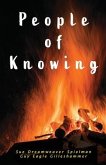"October is the month for painted leaves. Their rich glow now flashes round the world. As fruits and leaves and the day itself acquire a bright tint just before they fall so the year near its setting." -Henry David Thoreau, Autumnal Tints (1862) Autumnal Tints (1862) was originally delivered as a lecture by Henry David Thoreau in 1859 and first published posthumously in the October 1862 edition of The Atlantic Monthly. Thoreau's vivid descriptions pay tribute to the New England fall colors in what is considered one of the best works written on the subject. This insightful journey through the literal and philosophical world of Massachusetts autumn is a must-read for those who love the beauty of nature and all writing of Thoreau.
Hinweis: Dieser Artikel kann nur an eine deutsche Lieferadresse ausgeliefert werden.
Hinweis: Dieser Artikel kann nur an eine deutsche Lieferadresse ausgeliefert werden.

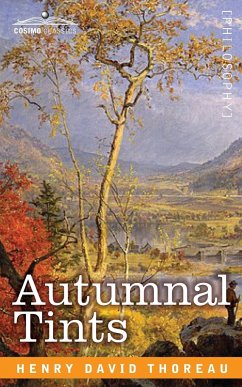
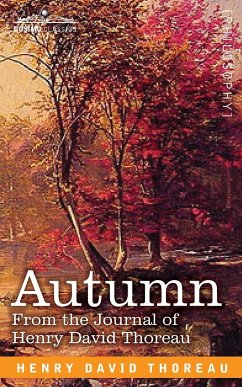
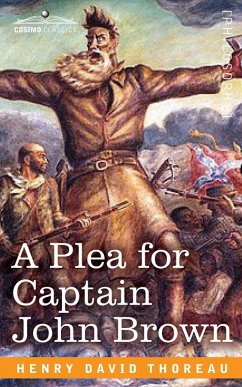
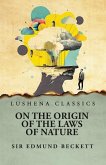
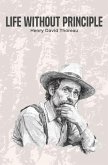
![Experiments on Colour Aesthetics [microform]: Binary Combinations of Colours, Tints and Shades: First and Second Articles: Thesis Presented to the Uni Experiments on Colour Aesthetics [microform]: Binary Combinations of Colours, Tints and Shades: First and Second Articles: Thesis Presented to the Uni](https://bilder.buecher.de/produkte/65/65623/65623568m.jpg)
